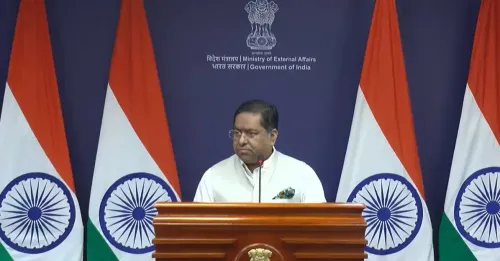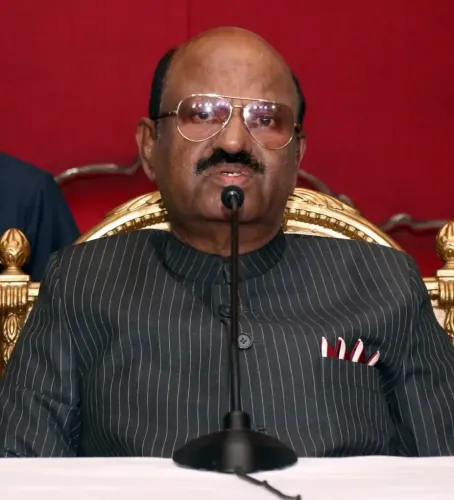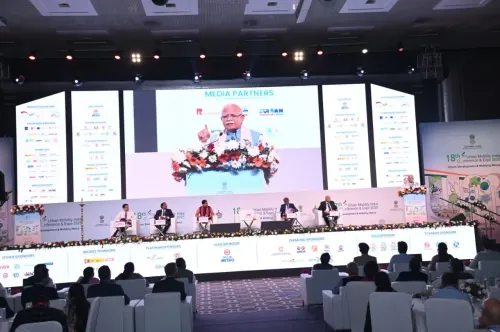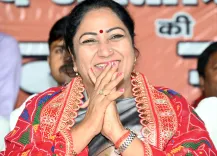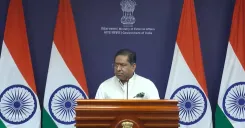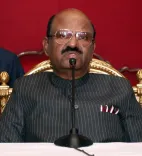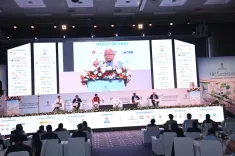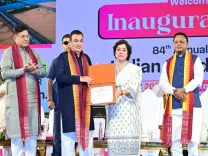Should the Centre Make Exceptions for PoK Women Married to Kashmiri Men?
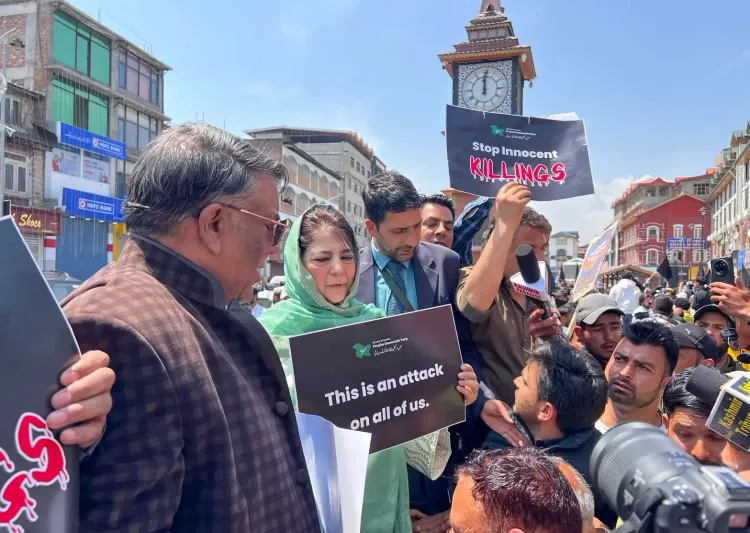
Synopsis
Key Takeaways
- Mehbooba Mufti advocates for humanitarian consideration regarding deportations.
- Women married to locals are integral to J&K society.
- Long-term residents face emotional distress due to deportation policies.
- Many seek Indian citizenship after decades of residency.
- Husbands have abandoned militancy and contribute to society.
Srinagar, April 29 (NationPress) Mehbooba Mufti, the former Chief Minister of Jammu and Kashmir (J&K) and current President of the Peoples Democratic Party (PDP), has called on the Government of India to consider exceptions for women from Pakistan during the ongoing deportation of Pakistani nationals. These women, who have lived in India for 30-40 years, married local men, and established families, deserve special consideration.
The recent directive to deport all Pakistani nationals has sparked significant humanitarian concerns, especially in Jammu & Kashmir. Many of those impacted are women who have integrated into Indian society over decades.
“We appeal to the government to rethink this decision and adopt a more compassionate stance towards vulnerable groups such as women, children, and the elderly. Forcing those who have peacefully contributed to our nation for years to leave is not only cruel but will also result in severe emotional and physical distress for families who now consider India their home,” she stated.
It is important to note that numerous local youths who went to Pakistan Occupied Kashmir (PoK) for militant training returned under a previous rehabilitation policy from the state government.
Many of these men married Pakistani women during their time in PoK, and these women have since resided in Kashmir without official approval.
Over the years, these women have sought to obtain Indian citizenship, as most are originally from PoK, which is recognized by parliamentary resolution as an integral part of J&K.
As of now, no definitive action has been taken regarding their citizenship status, and they continue to raise families and lead lives akin to any ordinary citizen of the Union Territory.
The husbands of these women have abandoned militancy and are now contributing positively to society through various professions, including business, agriculture, and education.


